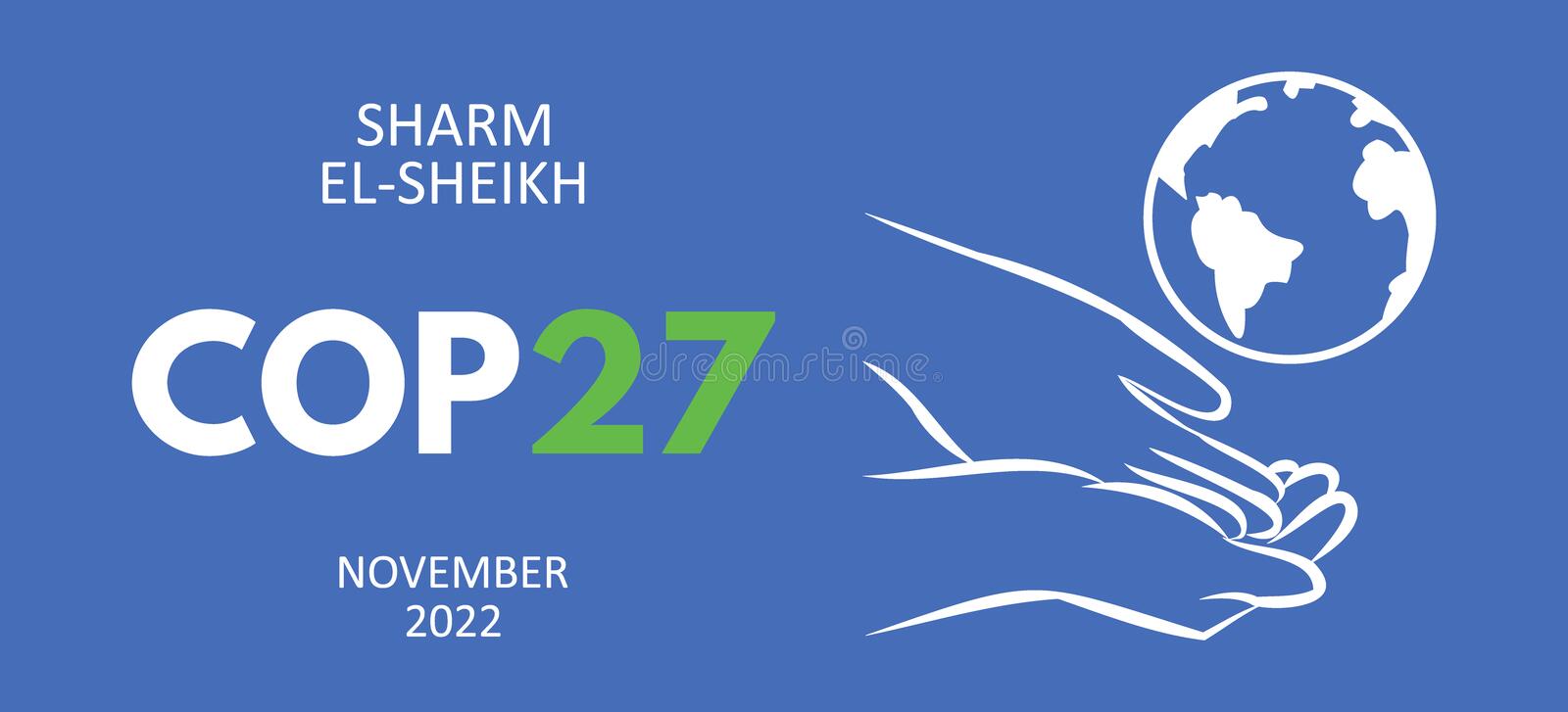COP 28 is the 28th session of the Conference of the Parties to the United Nations Framework Convention on Climate Change (UNFCCC) that will convene from November 30 to December 12, 2023 in the United Arab Emirates. The UNFCCC has these five principles: – Responsibility; Reduce overall climate impact; Educate for climate action; Promote sustainable and responsible consumption; Advocate for climate action through communication.
The conference will focus on four paradigm shifts: fast-tracking the energy transition, transforming climate finance, putting nature and people at the heart of climate action, and mobilising for the most inclusive COP ever.
Nigeria has been a signatory to the UNFCCC’s Paris Agreement and has submitted its Nationally Determined Contribution (NDC) which outlines its targets and actions to reduce greenhouse gas emissions and adapt to the impacts of climate change.
Nigeria’s NDC aims to achieve an unconditional 20 per cent reduction in emissions by 2030 compared to the business-as-usual scenario, and a conditional 45 per cent reduction with international support. Nigeria’s NDC also includes sectoral mitigation and adaptation actions in areas such as energy, agriculture, forestry, transport, industry, and waste.
FG, experts harp on domestic resource mobilization for universal health coverage
FG decries 4% intra-African trade
Nigeria has also developed a National Climate Change Policy and Response Strategy and a National Climate Change Action Plan to guide the implementation of its NDC and other climate-related initiatives. We are similarly a member of the Climate Vulnerable Forum and the Africa Renewable Energy Initiative, which aim to enhance cooperation and solidarity among countries most affected by climate change and to promote renewable energy development in Africa.
At the Sharm el-Sheikh – 2022 Egypt Climate Change Conference (COP 27), where Nigeria participated with a large delegation, ambition was raised to accelerate action towards achieving the world’s collective climate goals. But, to what level can we say Nigeria has committed or even initiated actions to the above principles and commitments knowing that COP 28 will be an important platform for Nigeria and other countries to showcase their progress and commitments, and to seek support and collaboration for achieving the goals of the Paris Agreement and the 2030 Agenda for Sustainable Development Goals?
Except for the Niger State’s Green Economic Summit held within the year, it will be safe to say that Nigeria has failed to commit to concrete actions to address climate change if the above targets are the parameters for measuring success, both at the national and international levels.
The consolation is that the meeting of COP 28 is expected to be a critical platform for advancing global climate action and reviewing the progress of the Paris Agreement and there are still many opportunities that Nigeria can grasp to enhance its climate ambition and action, these may be through:
Diversifying the economy away from oil and gas, and investing in renewable energy sources, such as solar, wind, and hydro and creating new job opportunities in the renewable energy sector.
Protecting and restoring our forests, which act as carbon sinks and provide multiple ecosystem services, such as biodiversity, water, and soil conservation.
Promoting climate-smart agriculture, which enhances food security, reduces emissions, and increases resilience to climate shocks, such as droughts and floods.
Adapting to the impacts of climate change, such as frequent flooding, food insecurity, and health risks, and enhancing the resilience of vulnerable communities.
Improving energy access and efficiency, which are low compared to other countries in the region, and reducing the reliance on fossil fuels and subsidies.
Strengthening regional and global partnerships, especially with other African countries, to share best practices, mobilize resources, and amplify the voice of climate-vulnerable nations
Strengthen institutional and legal frameworks, enhance capacity and governance and institutions to implement and monitor climate policies and actions, engage stakeholders and communities and foster regional and global partnerships.
These actions may align with Nigeria’s Nationally Determined Contribution (NDC), which aims to reduce its emissions by 20 per cent by 2030 but Nigeria is a member of the Sahel African countries – a group of nations that span the southern edge of the Sahara Desert, including, Senegal, Mauritania, Mali, Burkina Faso, Niger, Chad, Sudan, and Eritrea. These countries are among the most vulnerable to the impacts of climate change, such as drought, desertification, food insecurity, conflict, and displacement etc.
Nigeria should, therefore, attend COP 28 with a clear focus on our unique needs. These needs can even be similar to what was adopted at the Africa Climate Summit in September 2023 – the Nairobi Declaration:
Enhanced support for adaptation and resilience, especially for the most vulnerable communities and ecosystems.
Operationalization of the loss and damage mechanism, which would provide compensation and assistance for the irreversible and unavoidable impacts of climate change.
Increased and predictable climate finance, especially for the implementation of the nationally determined contributions (NDCs), which are the national plans for reducing greenhouse gas emissions and adapting to climate change.
Fair and equitable access to climate technologies, innovation, and knowledge, as well as capacity building and technical assistance.
Recognition and promotion of the role of nature-based solutions, such as forest conservation and restoration in mitigating and adapting to climate change.
Strengthened solidarity and cooperation among African countries and with other regions and stakeholders in order to amplify the African voice and influence in the global climate negotiations.
In attending COP 28, It is expected that Nigeria has made strategic choice of delegates. Our delegation should be people who will actively participate during and after the conference to translate the outcomes to reality. I hope the choice has extended beyond Bureaucrats to Civil Society groups, Academia, Community leaders (opinion shapers) etc.
Ahmad resides at FMA2, off Yaya (Petel) Abubakar Road, Fadamar Mada, Bauchi Email: [email protected]

 Join Daily Trust WhatsApp Community For Quick Access To News and Happenings Around You.
Join Daily Trust WhatsApp Community For Quick Access To News and Happenings Around You.


